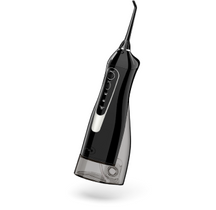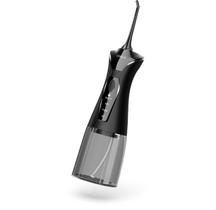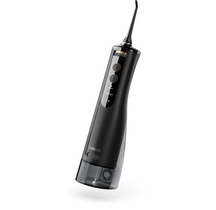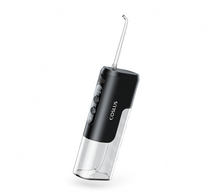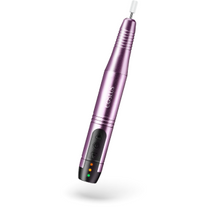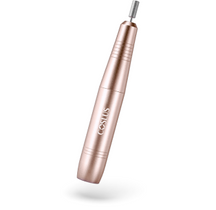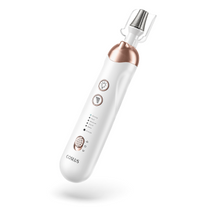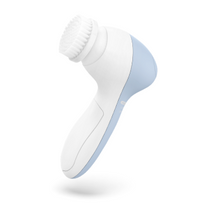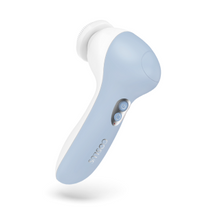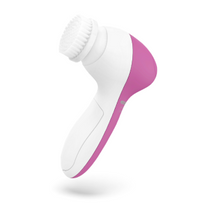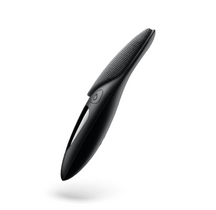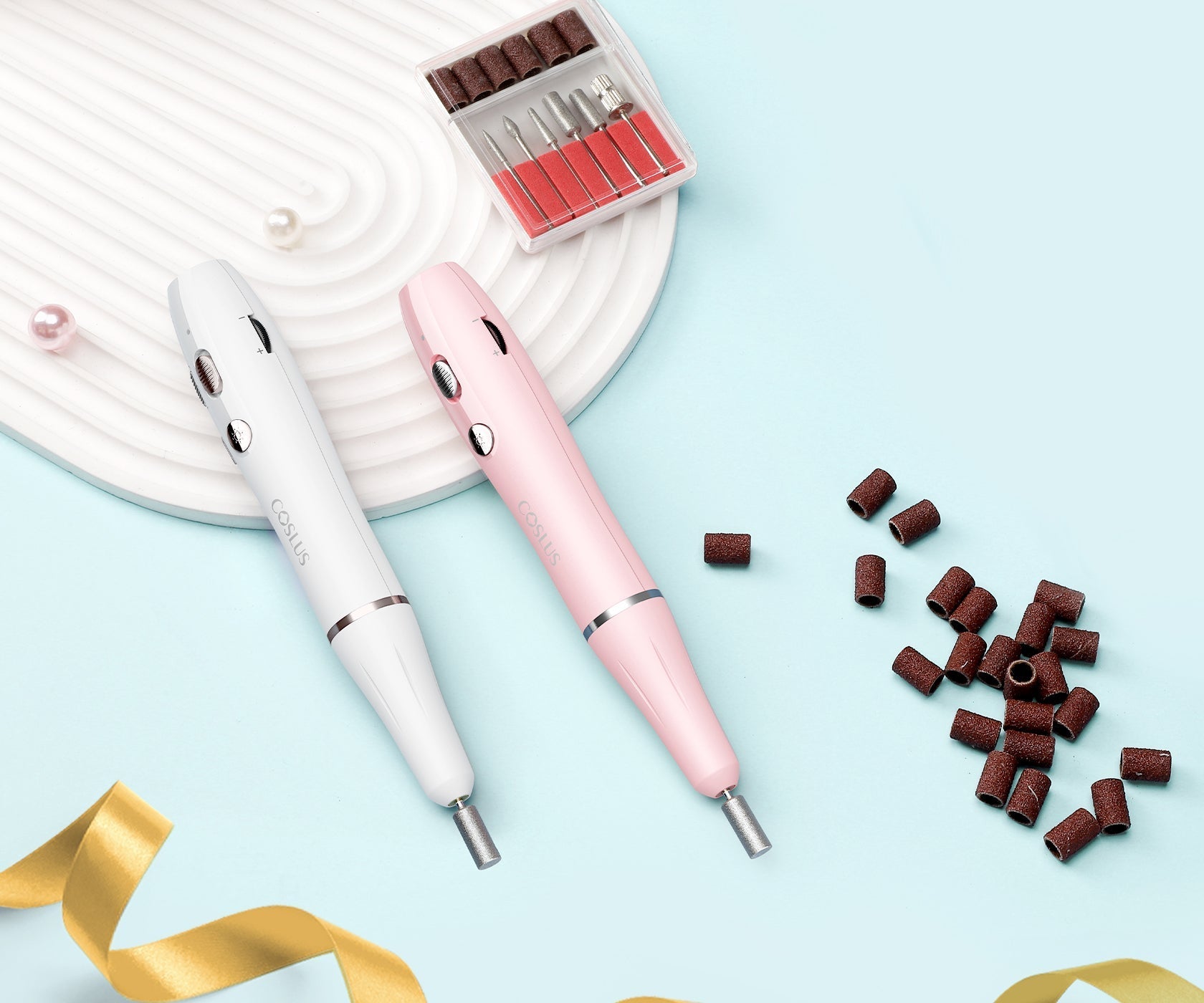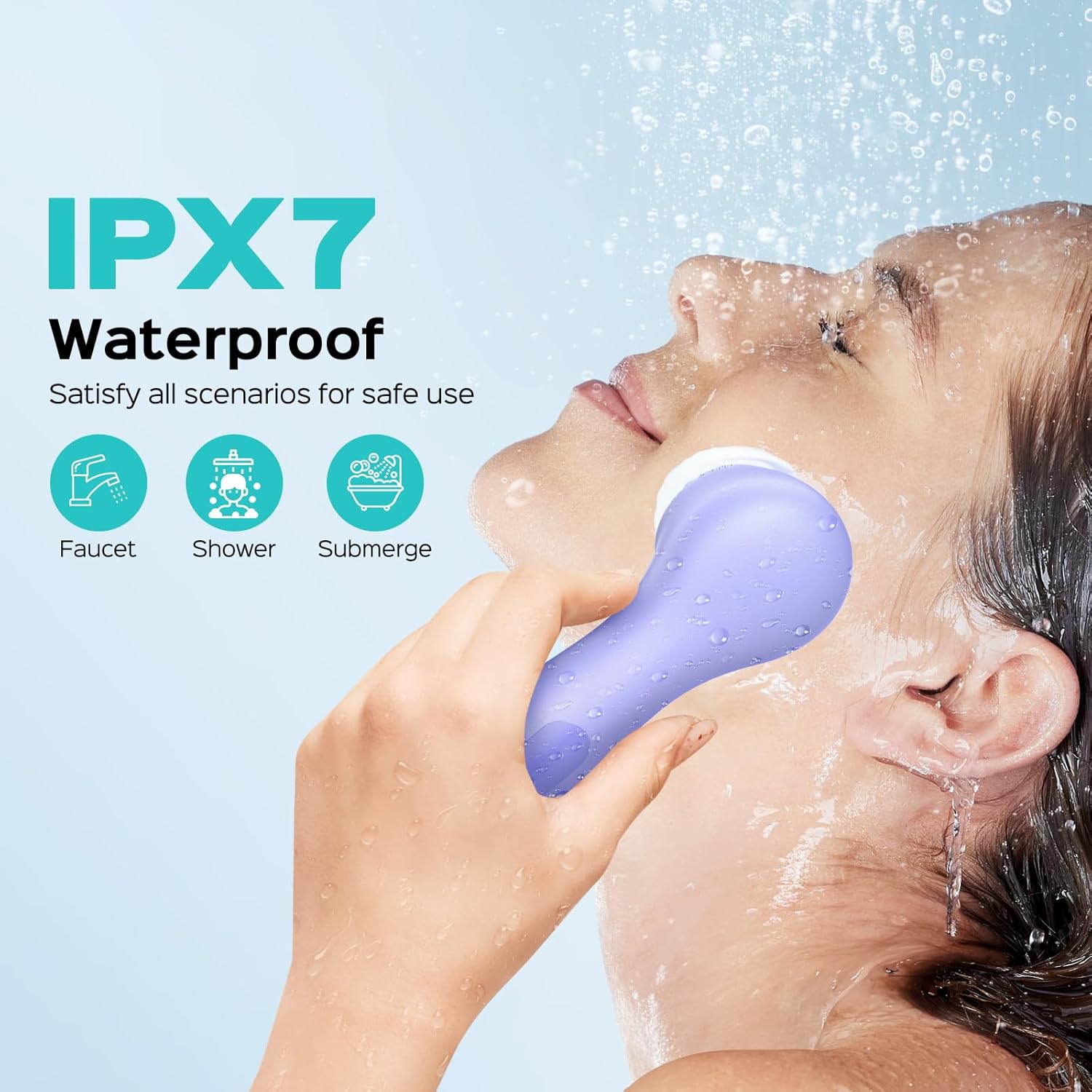
Water Flosser Benefits Why Dentists Recommend Water Flossing
Brushing your teeth is important—but it’s not always enough to keep plaque and gum problems away. One of the biggest water flosser benefits is how easily it removes leftover food and bacteria from hard-to-reach areas. It’s gentle on your gums, quick to use, and makes your mouth feel extra clean. That’s why dentists are calling it a smarter way to floss.
Top Water Flosser Benefits: Why Dentists Recommend Them
Superior Plaque and Debris Removal
One of the biggest water flosser benefits is how well it removes plaque and food stuck between your teeth and under your gums. Brushing alone can miss those tight spots, but a water flosser uses strong pulses of water to clean them out. Research found that water flossers can remove up to 99.9% of plaque when used with brushing.
Dentists like water flossers because they help lower the risk of cavities, especially for people who often get them or have deeper gum pockets. If your teeth still feel rough after brushing, a water flosser can make a real difference.
Gentle Gum Care and Reduced Bleeding
If your gums bleed when you floss, or if they feel sore, a water flosser can help. It's much gentler than string floss and works well for people with sensitive gums or early gum disease. The water stream cleans out bacteria between your teeth and gums without scratching or hurting. Dentists often recommend starting on a low pressure setting and slowly turning it up as your gums get healthier.
Easier Cleaning for Braces, Implants, and Bridges
If you have braces, implants, or a bridge, flossing the usual way can be a pain. One of the key water flosser benefits for braces and other dental work is that it makes cleaning around wires and artificial teeth much easier. You don’t have to thread floss or use special tools—just point and spray.
Dentists and orthodontists often suggest water flossers to avoid plaque buildup around brackets and to protect your gums when you have dental work. It’s quicker, simpler, and a lot more effective.
Quick and Simple for Daily Use
One reason people skip flossing is that it takes too long. But dentist-recommended water flosser benefits include how easy it is to use every day. Most people can finish in just one to two minutes. It’s great for kids, older adults, and anyone who finds regular floss hard to use.
Dentists say people are more likely to stick with a water flosser than string floss. And the more consistent you are, the healthier your teeth and gums will stay.
Broader Health Benefits Beyond the Mouth
Using a water flosser doesn’t just help your teeth—it may support your overall health too. Poor gum health has been linked to serious health issues like heart disease, stroke, and diabetes. Keeping your mouth clean may help lower those risks.
You’ll also notice other small wins: fresher breath, fewer mouth sores, and cleaner teeth between dental visits. Many water flossers let you change the pressure level, and you can even add fluoride rinse for extra protection.
Quick Recap: Why Dentists Recommend Water Flossers
- Clears out up to 99.9% of plaque
- Gentle on gums—helps stop bleeding and swelling
- Cleans around braces, implants, and bridges with no hassle
- Fast and easy to use—takes just a couple of minutes
- Helps protect your whole body through better oral health
- People actually use them—so they work better over time
Want to get more from your daily routine? Try one of our water flossers (oral irrigators) and enjoy all the water flosser benefits.
Water Flosser vs. Traditional String Floss: Which Is Better?
Both water flossers and string floss help clean between your teeth, but they work in very different ways. Traditional floss scrapes plaque off manually, while water flossers use a steady stream of water to rinse away debris and bacteria. Many dentists now recommend water flossers for people who struggle with gum issues, wear braces, or simply want a gentler, quicker option.
Here’s a quick side-by-side look at how they compare:
| Aspect | Water Flosser | String Floss |
| Effectiveness | Clears more plaque in tough spots | Effective but less thorough |
| Gum Friendliness | Gentle, reduces bleeding | Can irritate or cut gums |
| Ease of Use | Fast and intuitive | Requires skill, often messy |
| Ideal For | Braces, implants, sensitivities | Simple, budget needs |
| Long-Term Value | Higher upfront cost, better results | Cheap but less efficient |
When comparing water flosser vs string floss, many people find that water flossers are easier to use daily and less likely to cause discomfort. That consistency often leads to better results over time—especially for gum health.
Tips for Maximizing Water Flosser Benefits
Getting the most from your device starts with choosing the right one. If you travel often or prefer a clutter-free counter, look for cordless models with long battery life. For home use, countertop versions usually offer larger water tanks and more pressure settings. To start maximizing water flosser benefits, aim to use it once a day—ideally after brushing—and refill with lukewarm water for comfort.
Replace tips every few months, and clean the tank regularly to keep things fresh. Try using a fluoride rinse occasionally for added protection. These simple water flosser tips can help improve your routine and protect your oral health long term.
Water Flosser Benefits That Go Beyond Brushing
Brushing alone can only do so much. A water flosser helps remove more plaque, keeps gums happy, and makes flossing something you’ll actually want to do. It’s gentle, quick, and dentist-approved. Start feeling the difference—get a water flosser now.
FAQs About Water Flossers
Q1: Do I need to use dental floss if I use a water flosser?
For most people, a water flosser can be a complete replacement for string floss, especially when used daily and correctly. Dentists often recommend it for people with braces, implants, or gum sensitivity because it’s easier to use and gentler on the gums. However, some individuals with tight contact points may still benefit from occasional string flossing to physically scrape off sticky debris.
Q2: Can I substitute flossing with a water flosser?
Yes, many dentists consider water flossers a safe and effective substitute for traditional flossing. Clinical studies have shown that water flossers remove plaque and reduce gum inflammation as well or even better than string floss. As long as you use it consistently and correctly, it can serve as your primary flossing method.
Q3: Should I use tap water in my water flosser?
You can use tap water in most water flossers unless your local water supply has a high mineral content or the manufacturer recommends otherwise. If you notice buildup or hard water stains, switching to filtered or distilled water can help prevent clogs and extend the life of the device.
Q4: What happens if I don't floss for 10 years?
Skipping flossing for a long time allows plaque to build up between your teeth and under your gumline, increasing your risk for gum disease, tooth decay, and bad breath. Over 10 years, this can lead to tartar buildup, gum recession, bone loss, and even tooth loss. Regular flossing—or water flossing—helps prevent these long-term oral health problems.
Q5: Does water flossing make gums stronger?
Yes, regular water flossing can help improve gum health by reducing inflammation, bleeding, and bacterial buildup. As your gums become healthier, they often become firmer and more resilient. Many users notice less sensitivity and stronger gum tissue within a few weeks of consistent use.
Q6: Can I put mouthwash in my water flosser?
Yes, you can add a small amount of alcohol-free mouthwash to your water flosser tank for extra freshness and antibacterial protection. Just make sure to rinse the unit with clean water afterward to prevent residue buildup. Always check the manufacturer’s guidelines to avoid using ingredients that may damage the device.
Q7: Do water flossers remove tartar?
No, water flossers cannot remove hardened tartar (calculus). They are designed to clean soft plaque and food debris before it hardens. To remove tartar, you'll need a professional dental cleaning. However, regular use of a water flosser can help prevent plaque from turning into tartar in the first place.
Q8: How often should I floss with a water flosser?
Dentists recommend using a water flosser once a day, ideally after brushing your teeth. Consistent daily use is key to getting the full benefits—like reducing plaque, improving gum health, and preventing oral problems over time.
Table of Contents
- Top Water Flosser Benefits: Why Dentists Recommend Them
- Water Flosser vs. Traditional String Floss: Which Is Better?
- Tips for Maximizing Water Flosser Benefits
- Water Flosser Benefits That Go Beyond Brushing
-
FAQs About Water Flossers
- Q1: Do I need to use dental floss if I use a water flosser?
- Q2: Can I substitute flossing with a water flosser?
- Q3: Should I use tap water in my water flosser?
- Q4: What happens if I don't floss for 10 years?
- Q5: Does water flossing make gums stronger?
- Q6: Can I put mouthwash in my water flosser?
- Q7: Do water flossers remove tartar?
- Q8: How often should I floss with a water flosser?
Table of Contents
- Top Water Flosser Benefits: Why Dentists Recommend Them
- Water Flosser vs. Traditional String Floss: Which Is Better?
- Tips for Maximizing Water Flosser Benefits
- Water Flosser Benefits That Go Beyond Brushing
-
FAQs About Water Flossers
- Q1: Do I need to use dental floss if I use a water flosser?
- Q2: Can I substitute flossing with a water flosser?
- Q3: Should I use tap water in my water flosser?
- Q4: What happens if I don't floss for 10 years?
- Q5: Does water flossing make gums stronger?
- Q6: Can I put mouthwash in my water flosser?
- Q7: Do water flossers remove tartar?
- Q8: How often should I floss with a water flosser?


